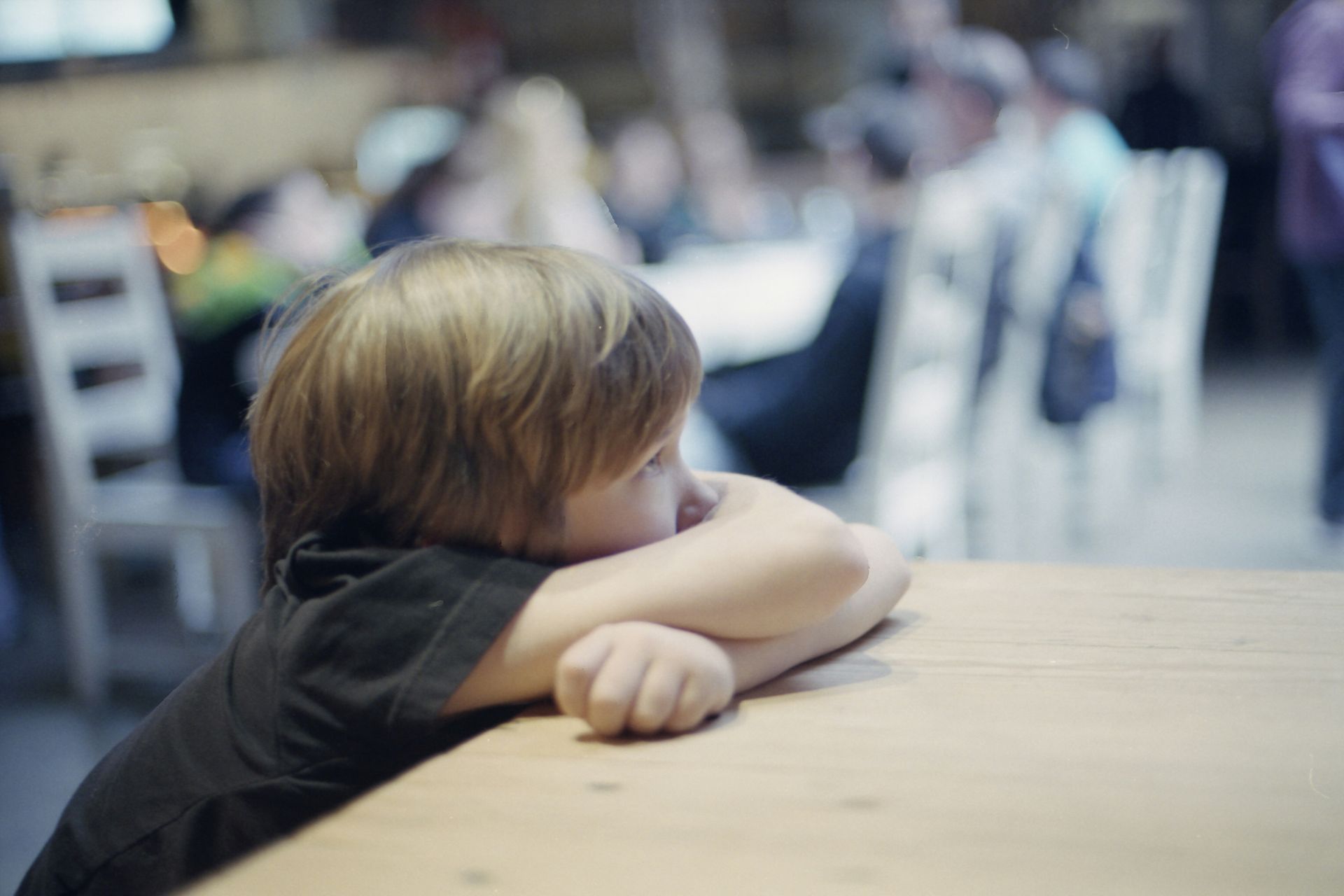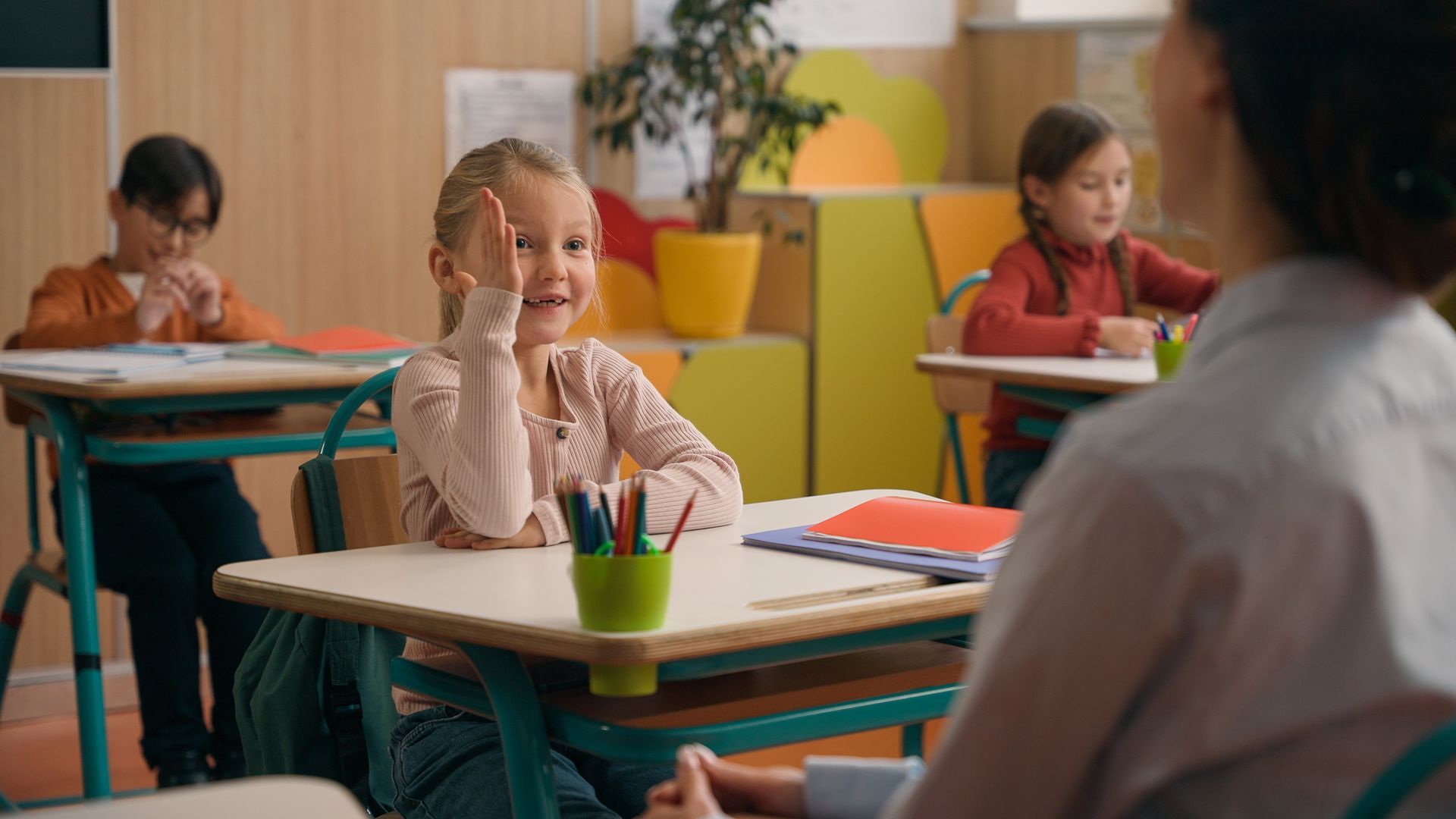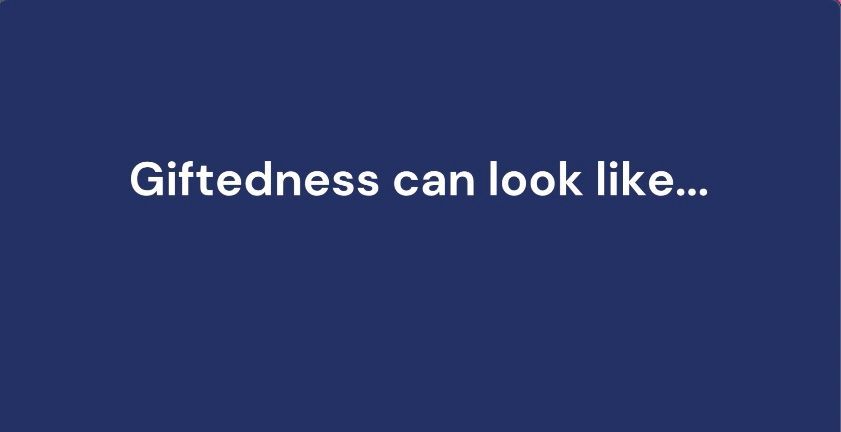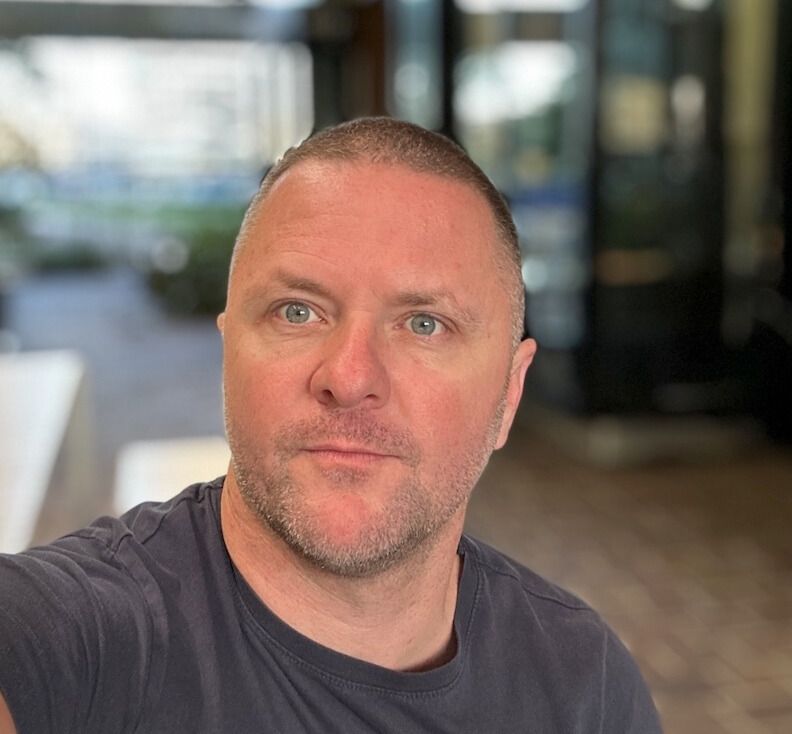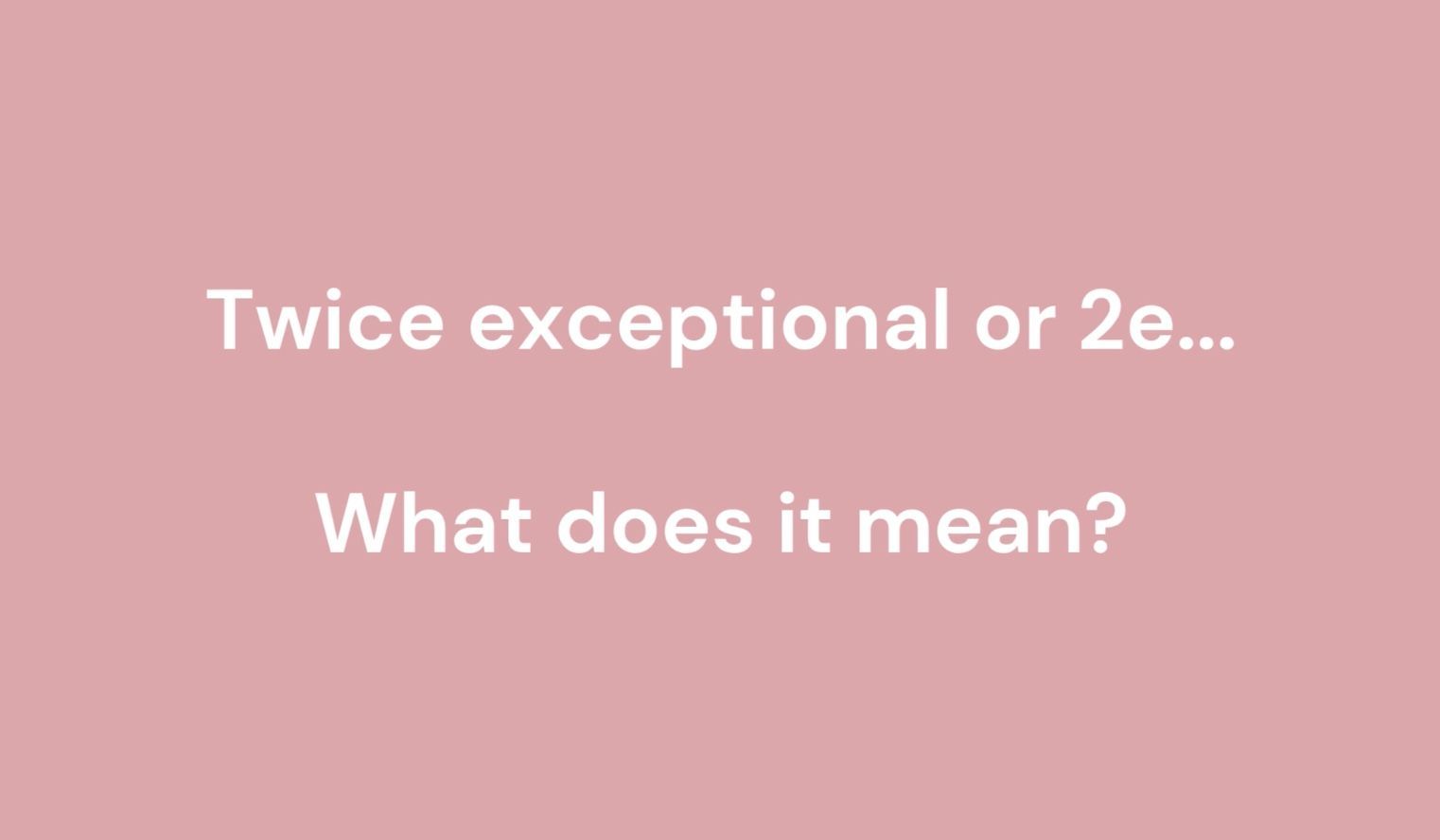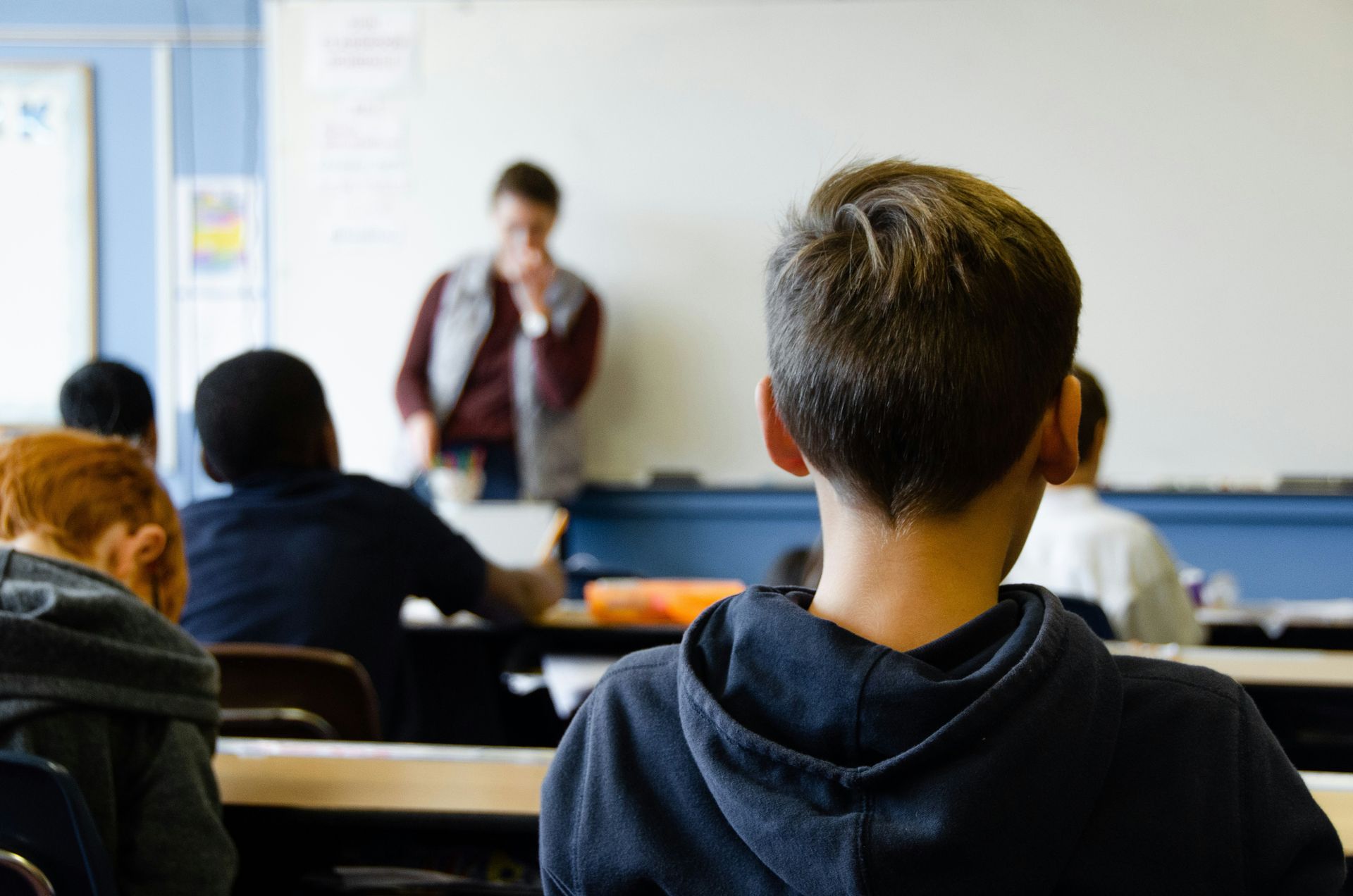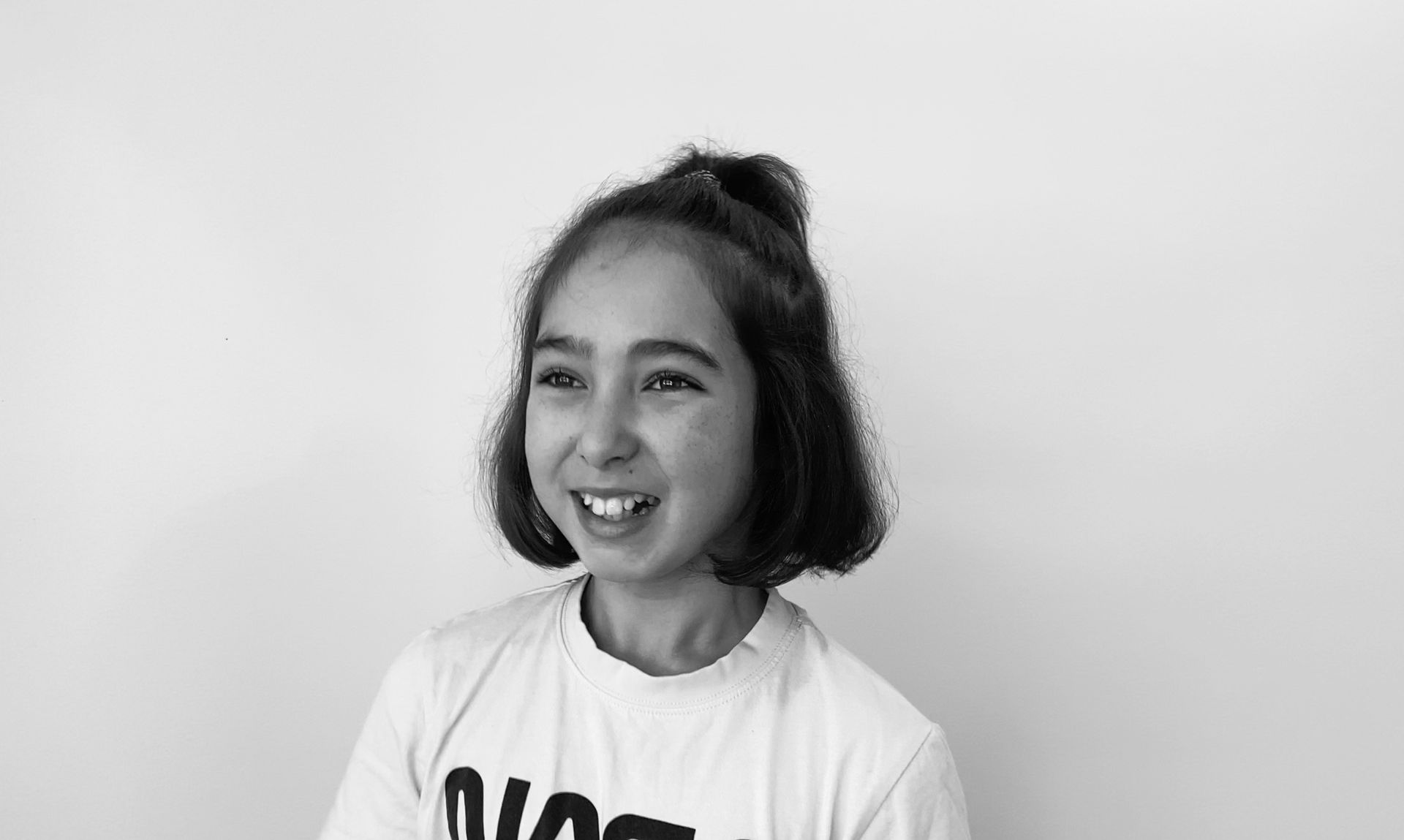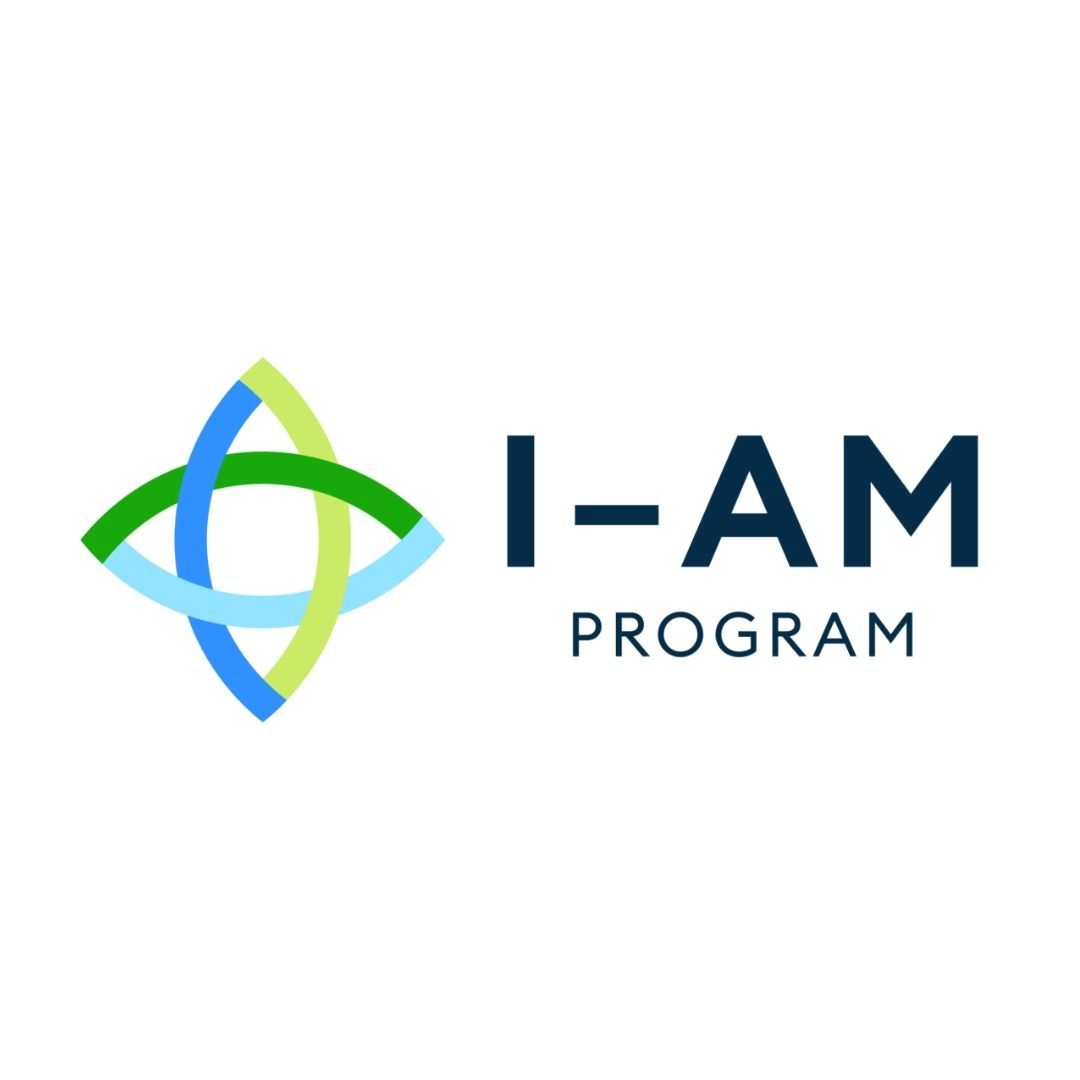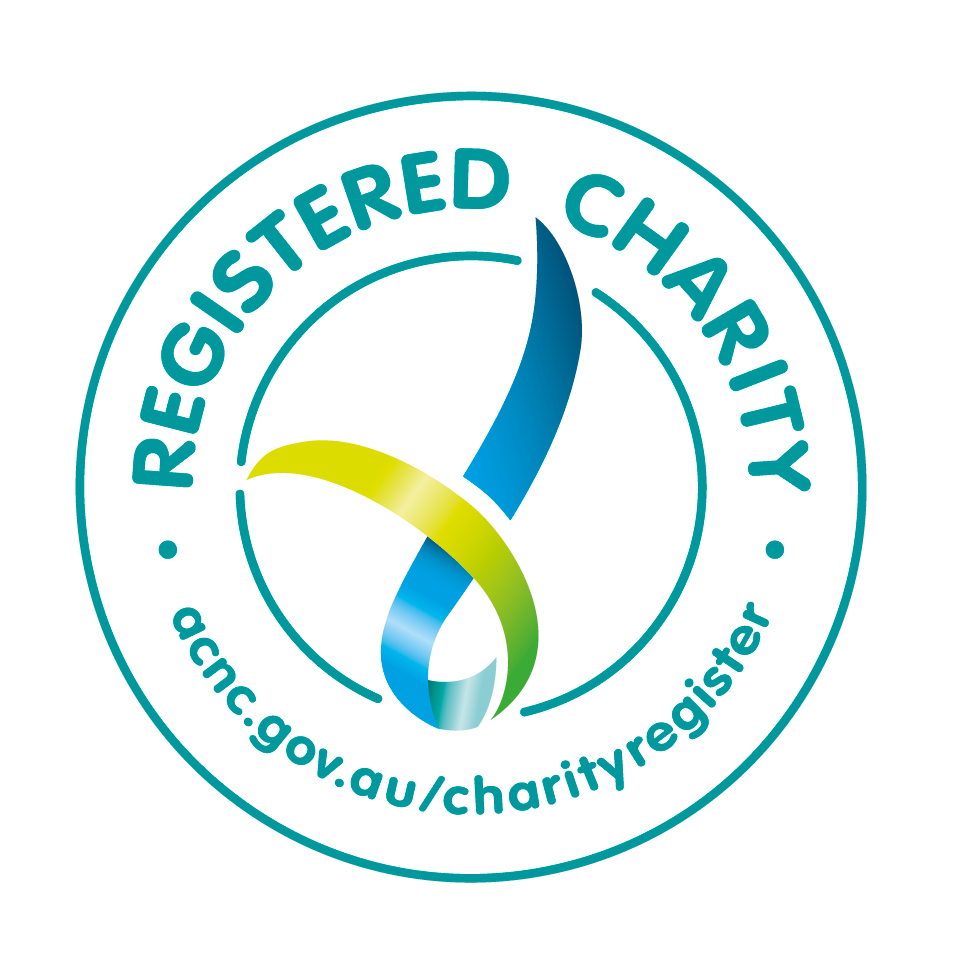Through the eyes of an educator
I wasn’t always a Gifted Education advocate.
In fact, when I was studying my dual undergraduate education and music degrees in NSW in the early 2000’s, subjects surrounding this field weren’t available at my university. Whilst I was repeatedly taught the importance of nurturing the academic and socioemotional wellbeing of students with a disability or learning disorder, gifted learners were never discussed.
Upon entering the teaching profession, my understanding of giftedness was, mistakenly, founded purely on the stereotypes that society had presented me throughout my young life. That all changed in my second year of teaching, however, when I was fortunate to teach Anna (name changed), a seemingly happy and well-adjusted 11-year-old girl. Anna’s IQ exceeded 153, she was a virtuosic musician on two orchestral instruments, had previously been year level accelerated, had a great group of friends and a loving family, and also, told me she self-harming.
Anna was the first time a gifted student had broken the ‘life is easy for gifted students’ adage that I had, until that moment, held dear, and I nor any of her other teachers at the time, ever saw it coming. Anna epitomised the stereotypical gifted profile that many educators continue to resonate with. She was incredibly high achieving, excelling far above year level despite her acceleration, attentive, well-mannered, softly spoken, meticulous and responsible. In the days, weeks and months which followed, we, her teachers, pondered how Anna’s wellbeing had been overlooked to the point whereby she sought release through self-harm? How had we been so blind to the pain she was experiencing? What could we have done, or could do in the future, to support Anna’s wellbeing further? Accordingly, Anna unknowingly set me on a path of deep personal and professional reflection, resulting in the creation of a relentless motivation to advocate for the needs and wellbeing of gifted learners within the school environment.
Fast forward 13 years and I have since completed my Masters in Gifted Education and have worked almost exclusively in this field for the past 6 years. Thanks to Anna I am uncompromisingly driven to help teachers and schools provide for, and nurture, gifted students’ wellbeing. Like anything in education, it is not an easy job. Through my eyes it appears that some schools prefer their G&T Coordinator to be seen and not heard (aside from after events such as the Da Vinci Decathlon, GERRIC programs, Math Olympiad, and ICAS testing.) I continue to have teachers tell me that they don’t understand why student X is feeling frustrated in class, as they are providing extra worksheets at year level for the student to do. Additionally, I also hear ‘student Y can’t be gifted, he’s only getting a C in (insert subject name here)’, thus exemplifying the role gifted stereotypes continue to play within today’s education system.
Other schools, thankfully, are further along on their gifted education journey. These schools are more receptive to the needs of gifted students by way of their gifted education programming, differentiation programmes and views toward acceleration practices. Also, and perhaps even more importantly, their willingness to educate teaching staff as to the needs of this heterogeneous population. One such school instigated a monthly Gifted Girls morning tea, whereby the gifted high school students had a regular unstructured social get together, thus greatly improving the students’ sense of belonging. One parent described these meetings as the single biggest highlight in her daughter’s 10 years of schooling. Another school recently began including aspects of gifted education into their regular staff meeting schedules across Prep-Year 12, as a way of not only upskilling staff, but also having gifted students viewed as priority learners within the school.
What about Anna, you ask? I, together with her team of teachers, worked diligently to modify our teaching practices, curriculum planning and pastoral programs to better cater for her and other gifted students’ academic and socioemotional needs. She also received extensive external support. Unfortunately, thing got worse before they got better, but with the right support, Anna has since grown to become a happy, healthy, highly educated and successful young lady. Little does she realise, but she also changed my life.
by: Kellie Clarke
Disclaimer: The views and opinions expressed in this blog are those of the author and do not necessarily reflect the official policy or position of the AAEGT.
Share this resource
Resources
